Geovana Martelly milks Amber watched by Joel Jakich with Kevin Powell and (behind left to right) is Ryan Jakich, Rosie Currie, and Corban McLeod.
Two house cows, a few horses, three kunekune pigs, chickens – and a morepork that’s adopted the Powell family and lives in a tree around the back.
It doesn’t sound like much, but two tiny hectares the Powells run in Papamoa is opening up a huge agricultural world that most Kiwi kids nowadays have no link to at all.
That’s why father Kevin Powell set up Teacher in the Paddock about 18 months ago, at their leased property on Tara Rd.
“Our lifestyle is a little different and it’s doing a lot of things by hand,” says the trained teacher.
“Through doing my teaching degree I learned there’s a lot of resources online but not much where you can immerse yourself in it – whether it is see, smell, touch feel, taste.
Platform to relate
“And for the rural side of things there wasn’t really anything where children could come in –even if they hate animals or were terrified of them or any of those things – and have a platform to relate.
“That’s what I wanted to do – is give kids and teachers a resource that also their parents were involved in, where they could come and see it, smell it, taste touch and so on.”
Fast-forward nearly two years and children – six after-school and a cap of eight during schools holidays – get a teacher in a paddock experience.
They get hands-on on the property milking cows, horse riding, growing crops, looking after animals – and more importantly get to make that connection of how farming produces food.
There’s honey extraction from beehives, to butter or bread-making to popping ‘popcorn’ from dried corn, which was grown out back.
Blue cows?
And feeding chickens and learning about composting, worm farming etc.
“So it’s about connecting people with their food. We’ve had comments like ‘Why isn’t the cow blue?’ Because kids only see the blue branding on the milk bottle at the supermarket,” says Kevin.
So how does teacher in the Paddock work? Put simply, Kevin and wife Jane, a gardening guru who shares her wealth of knowledge about food, with daughter Mariana, spend their days passionately showing children, parents and community where their food comes from and how to eat nutritionally well.
The Powells moved to the Papamoa property, with 1ha, about seven years ago. The neighbours, which also have 1ha, wanted to rent their house out. Kevin helped find tenants and keeps everything on track for the out-of-town owners in exchange for use of the 1ha.
“So we’ve got the two house cows, a few horses, three kunekune pigs, chickens – and we’ve got a morepork that’s adopted us and lives in a tree around the back.”
Alternative view
But the turning point was suffering a shoulder injury – it pushed Kevin to have re-think on his life and what he wanted to do. So he trained to be a teacher.
He completed his degree through the University of Waikato’s Kakano Rua Maori medium programme “which is very focused on learning not just from the academic perspective but through movement, dance, song and those sort of things and suited my alternative view of the education system”.
But there was still one problem. “I love and adore teaching – but not in a classroom situation.” And Teacher in the Paddock was born. Because – Kevin says – many Kiwi kids today are not connected to the land.
“No they’re not and many of their parents aren’t either. I’m 51 and when I was growing everyone I knew, knew someone else or had friends or relatives who lived or worked on a farm.
“So in the holidays we’d all go out and have this rural experience. Now we have these superfarms that are so far removed from producing food – they are just producing a commodity.
Nature deficit
“And even just being outdoors these days is a real push – and we are really lucky in this country that we still have a focus on outdoor lifestyle – but this is a thing now and it has a label. Nature deficit disorder.
The phrase, coined by author Richard Louv in his 2005 book ‘Last Child in the Woods’, describes human beings, especially children, are spending less time outdoors, resulting in a wide range of behavioural problems.
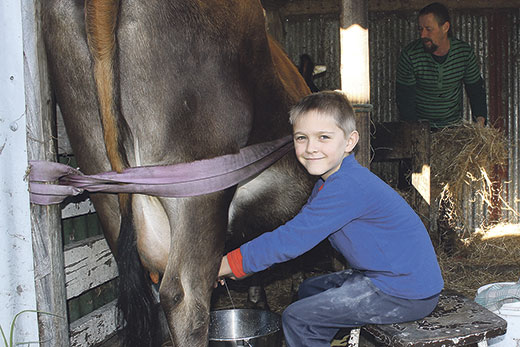
Ryan Jakich milking Amber during a Teacher in the Paddock school holiday programme.
The disorder is not recognised in any of the medical manuals for mental disorders. But Richard has stated “nature-deficit disorder is not meant to be a medical diagnosis but rather to serve as a description of the human costs of alienation from the natural world”.
Kevin, who agrees with Richard’s philosophy, says today most kids live in “concrete jungles” – “they have no wide, open spaces, and everything is focused around screens”.
Life out there
“And we are fast-becoming that culture, where everything is done in front of a screen.
“You even think of people travelling around in cars now – no longer do we go ‘Oh there’s the cow, the sheep, or whatever, on the side of the road’. They’re busy looking at a DVD onscreen.
“So even when we travel in this amazing country we are not looking out the window.
“So our focus [at Teacher in the Paddock] is to go ‘hang on a minute there is this kind of a life out here’.”
The Powells also have woofers come to their property, community groups, kindergarten children and international students. Jane also holds relaxing, informal workshops on preparing probiotic foods and drinks and cultured foods. This includes learning how to make sourdough bread, keffir water, kombucha and sauerkraut. And Kevin hosts the cheese making workshops for mozarella and feta.
And the reaction? “They are just gobsmacked most of the time.”
“It helps connect children and adults with their food, where it comes from and how it impacts our health and wellbeing, as well as many other aspects of renewable living principles,” says Kevin.
Honey extraction
At the end of summer this year, the Powells had their first harvest of honey from beehives.
“So we had the extractor set up in the living room of our house with the windows shut – to stop bees coming in – and the children were extracting honey by hand spinning the extractor.
“And tasting it as it comes out of the cone – so these types of things are priceless to kids.”
Kevin says their after-school and holiday programmes are always base around food and what they do on the farm, “which is all about self-sustainability and self-sufficiency”.
Solid bookings see a waiting list to attend the holiday programmes. And Kevin says it not parents who need their kids to be somewhere while they’re at work who get in touch – it’s those who have at some point had bit of rural upbringing – and realise the validity of it.
“And they are not doing what other kids are doing at every other holiday programme – and they’re learning about growing and eating really good nutritious food.”
Healthier choices
Then they go home wanting to make their own bread or butter. “It’s a hard case because in some way the kids who really need this type of education are the ones who don’t get it, or don’t come.”
So what’s the difference between a kid who gets some kind of rural experience or upbringing and that of a child that doesn’t?
“Their overall wellbeing, they stay healthy and don’t get sick as much, they make healthier food choices and good choices about long-term living.
“And it also offers the opportunity to not to be afraid.
“And the old Kiwi ingenuity – it didn’t come from looking at screens. It came from having limited resources and making do with what you had. I don’t care what kind of world we’re going for but at some point that’s going to be required.”
And Kevin says the children get a confidence boost. “Their whole beings change – and I strongly believe these experiences set them up life’s challenges for later in life.”
Now the Powells are looking for somewhere a bit bigger “so we can do what we do” so there can be “more space and more people”.


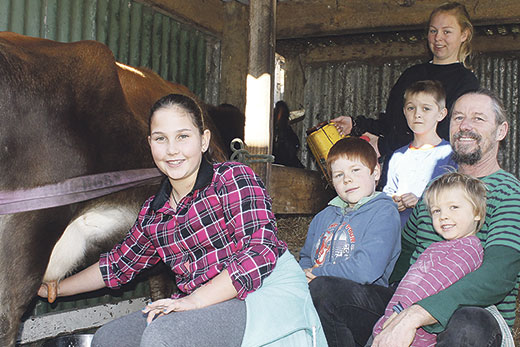
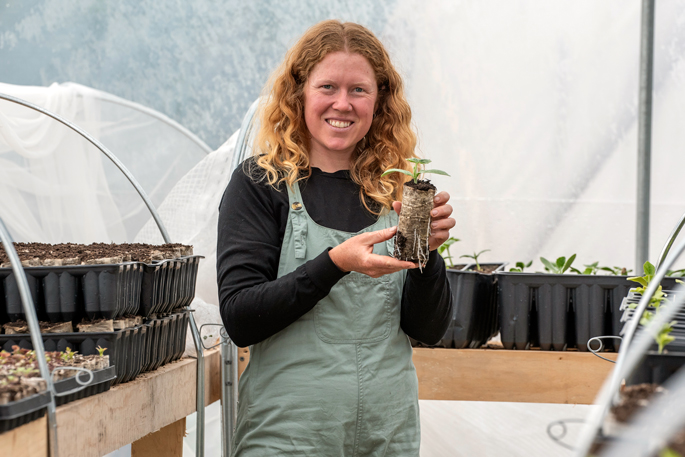
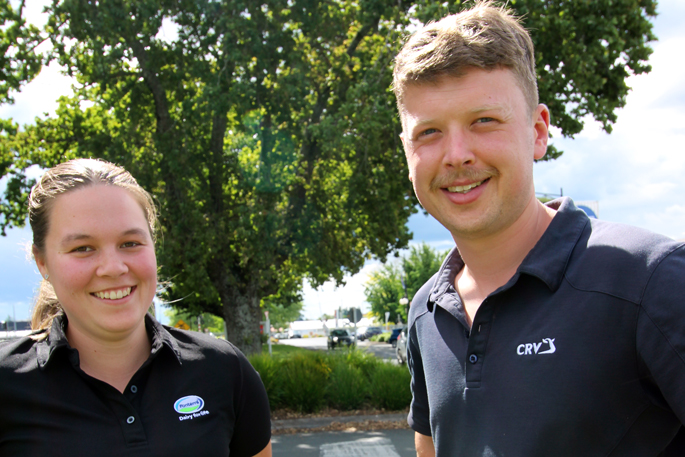

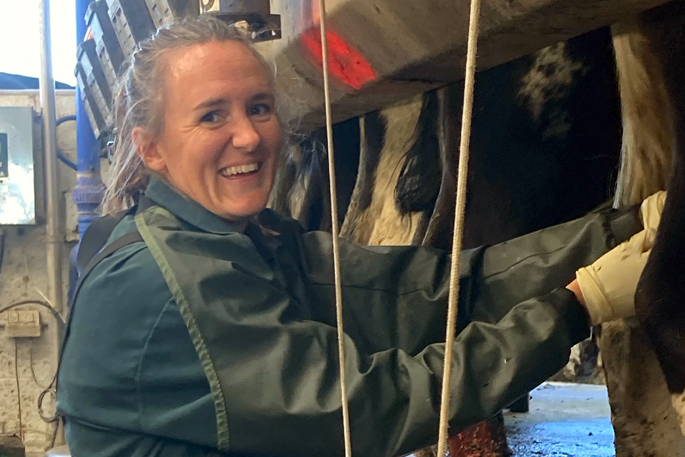
0 Comments
Leave a Comment